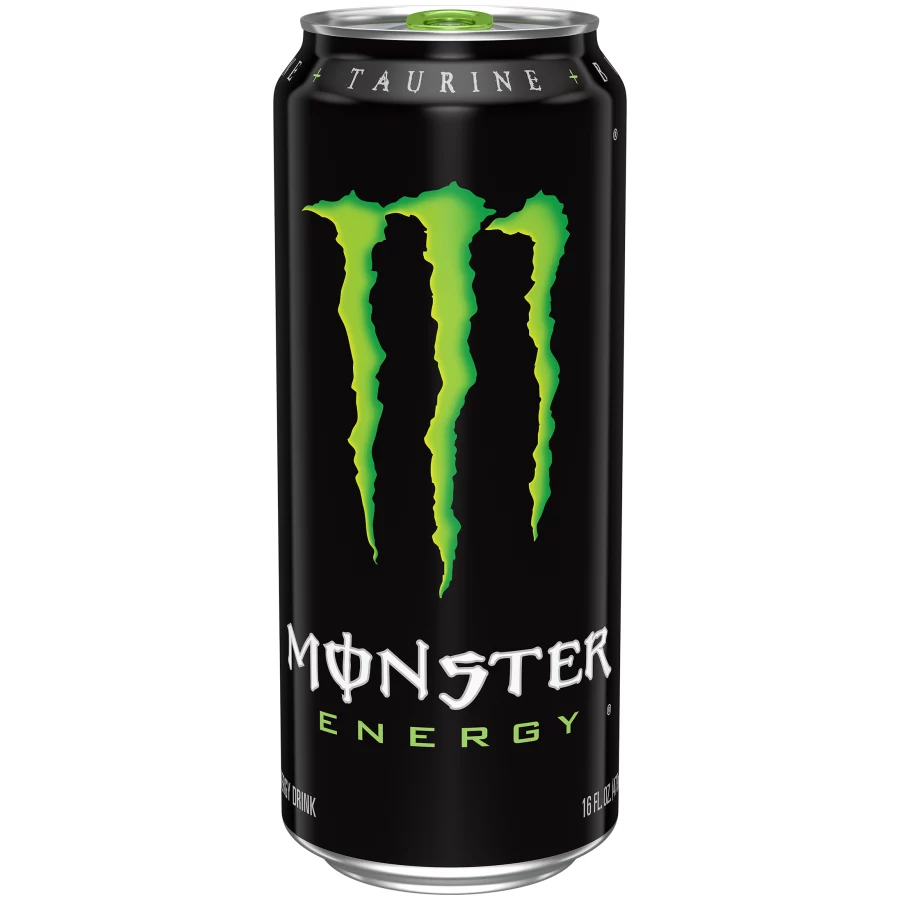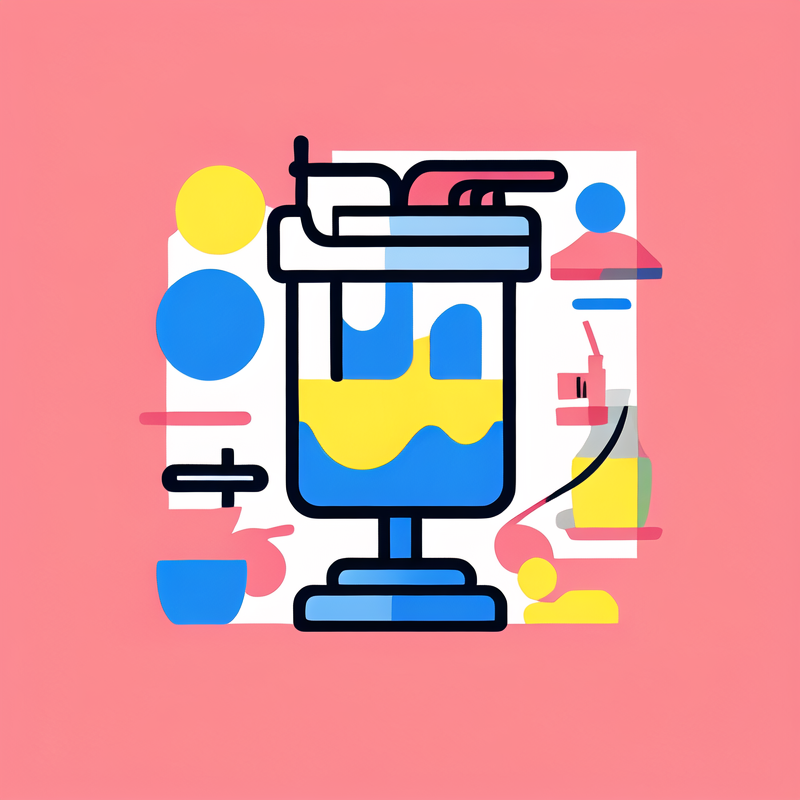Excessive Caffeine Intake and Health Risks
One of the main concerns with the unhealthiest energy drinks is the high caffeine content. Many of these beverages contain caffeine levels far above the recommended daily limit. This can lead to several health issues. High caffeine intake can cause insomnia, nervousness, and restlessness. It may also lead to increased heart rate and blood pressure, affecting cardiovascular health.

Caffeine overconsumption can result in a state of chronic dehydration. Dehydration can trigger headaches and impair cognitive functions. For people with existing health conditions, such as heart disorders, the risk is higher. It can potentially lead to severe cardiac events. Individuals sensitive to caffeine might experience adverse effects even at lower doses.
Regular intake of high-caffeine drinks can lead to tolerance. This can push consumers to drink even more to achieve the desired effects, increasing health risks. Moreover, sudden cessation after habitual consumption can lead to withdrawal symptoms. These symptoms include irritability, fatigue, and severe headaches.
For adolescents and young adults, excessive caffeine can impair proper bone development. Their growing bodies are particularly vulnerable to the negative impacts of too much caffeine. It is crucial to stay informed and practice moderation in consuming energy drinks. Always check labels for caffeine content to manage intake and minimize health risks.
Sugar Content and Its Impact on Metabolism
Besides caffeine, the unhealthiest energy drinks often have excessive sugar levels. High sugar intake, especially in liquid form, can rapidly spike blood glucose levels. This causes the pancreas to secrete more insulin to help absorb sugar into cells. Over time, this can lead to insulin resistance, a precursor to type 2 diabetes.
Consuming large amounts of sugar can also result in a quick boost of energy followed by a crash. This crash can lead to feelings of fatigue and can make it difficult to concentrate. Moreover, sugar in energy drinks contributes to weight gain and obesity. Overweight individuals have a higher risk of developing chronic diseases, such as heart disease.
Energy drinks with high sugar content can disrupt the balance of gut microbiota. This imbalance might affect metabolism and overall health. A healthy gut is essential for efficient digestion and absorption of nutrients. It also plays a role in regulating immune function.
The impact of sugar on metabolism emphasizes the importance of moderation. Always look at the nutrition facts label to be aware of sugar content. Opt for drinks with lower sugar levels or consider healthier alternatives to avoid these metabolic risks.

Possible Cardiovascular Effects
High consumption of the unhealthiest energy drinks can harm the heart. Ingredients in these drinks like caffeine and sugar may increase heart rate and blood pressure. Over time, recurring spikes in heart rate can strain the cardiovascular system. This stress can lead to long-term issues such as hypertension or heart disease.
Regular drinkers of these beverages might face a higher risk of heart attacks. The combination of stimulants can overwork the heart, especially during physical activity. Energy drinks may also cause heart palpitations or arrhythmias. These are irregular heartbeats that can feel uncomfortable and be dangerous.
Too much caffeine narrows blood vessels, which restricts blood flow. This can result in higher blood pressure and reduced heart efficiency. The heart must work harder to pump blood, which can weaken it over time.
Energy drinks mixed with alcohol compound cardiovascular risks. Alcohol can dehydrate the body and affect heart rhythm. When combined with energy drinks, these effects are magnified. This mix can mask the depressant effects of alcohol, leading users to consume more.
It is critical to understand the potential cardiovascular effects. Always consume energy drinks in moderation, if at all. Monitor how your body responds to these drinks, and seek medical advice if you experience any heart-related symptoms.
Energy Drinks and Mental Health Concerns
The unhealthiest energy drinks often lead to mental health issues. Regular consumption can cause anxiety and increased stress. Caffeine, a stimulant, can exacerbate these feelings, particularly in those predisposed to these conditions.
Excess caffeine can disrupt sleep patterns. Poor sleep can contribute to mood swings, depression, and difficulty concentrating during the day. Young adults and adolescents are particularly at risk, as their brains are still developing.
Consumption of these drinks can also lead to panic attacks. The combination of high caffeine and sugar levels can trigger a fight-or-flight response, which is not conducive to mental wellbeing.
Finally, the reliance on energy drinks to combat fatigue can create a cycle of dependency. This dependency can affect mental health, leading to a feeling of being unable to function without a regular caffeine fix.
It is essential to understand the impact these beverages could have on mental health. Individuals struggling with mental health issues should consider cutting back or avoiding these drinks. For those seeking to maintain mental balance, moderation is key.

Potential for Addiction and Substance Abuse
The risk of addiction is high with the unhealthiest energy drinks. These beverages can become habit-forming, leading users to incessantly seek out their next caffeine surge. Regular consumption often builds a tolerance to caffeine. This can cause people to increase their intake, perpetuating a cycle of dependency.
Substance abuse looms where there is an elevated craving for energy drinks. Individuals may start to use these beverages to provide artificial stamina, especially when under stress or facing deadlines. This reliance can mirror addiction patterns seen with other substances.
Caffeine addiction is similar to other forms of substance abuse. It involves persistent use despite awareness of the negative health consequences. Symptoms like irritability, headaches, and fatigue may occur upon withdrawal. These signs indicate a physical dependence on the caffeine present in energy drinks.
Moreover, the high sugar content in many energy drinks contributes to their addictive potential. Sugar stimulates dopamine release in the brain, which reinforces consumption behavior. The dopamine rush can be likened to the response elicited by addictive substances.
To reduce the risk of addiction and substance abuse, it is wise to limit intake of energy drinks. Also, one should seek healthier, more natural sources of energy. It is crucial to listen to your body and be aware of any signs of dependency.
For those struggling with addiction, professional help may be needed. Counseling and support groups can provide assistance in overcoming caffeine and sugar dependence. Mindfulness practices and regular exercise are beneficial alternatives that promote sustained energy levels without negative side effects.
Energy Drinks Interaction with Medications
Interactions between energy drinks and medications can lead to serious health issues. Such interactions are often overlooked, which heightens the risk. People taking prescribed or over-the-counter drugs should pay close attention to the following points.
Caffeine and Drug Absorption
Caffeine in energy drinks may affect how the body absorbs medication. It can either speed up or slow down this process. This can alter the effectiveness of drugs. It’s vital to check with a doctor about caffeine intake when on medication.
Increased Blood Pressure Risks
The combination of high-caffeine energy drinks and certain blood pressure medications can be harmful. It may lead to an unsafe rise in blood pressure. Always consult a healthcare provider about interactions with hypertension drugs.
Altered Heart Rate
Medications aimed at regulating heart rhythm can be disrupted by energy drinks. The unhealthiest energy drinks can cause a faster heartbeat. This can counteract the drugs’ intended effects. If you have heart issues, discuss energy drink consumption with your cardiologist.
Effect on Mental Health Medications
Those on antidepressants or anti-anxiety medications must be cautious. Stimulants from energy drinks can reduce or negate the benefits of these drugs. They can also heighten anxiety symptoms. Always inform your mental health professional about your energy drink use.
Understanding the interaction between energy drinks and medications is crucial. To prevent adverse effects, discuss your energy drink habits with your doctor. Always read labels to know what you are consuming and in what quantities. Moderation and medical advice are key in managing potential health risks associated with the unhealthiest energy drinks.
Regulatory Concerns and Lack of Oversight
When it comes to the unhealthiest energy drinks, regulatory concerns are significant. Current oversight is often insufficient, especially concerning caffeine and sugar content. This lack of regulation can expose consumers to high health risks. Many countries have yet to set strict guidelines on the amount of caffeine and sugar permitted in these beverages. This results in products with dangerously high levels that exceed medical recommendations.
Specific issues include:
- Absence of standardized serving sizes, leading to confusion and overconsumption.
- Incomplete labeling that doesn’t clearly state the potential risks of excess intake.
- Marketing aimed at adolescents and young adults, despite their vulnerability to health risks.
Consumers are left with the responsibility to educate themselves on the ingredients of energy drinks. Without proper regulatory oversight, it is challenging to combat the rise in health issues linked to these drinks. It is crucial for regulatory bodies to implement stricter controls. They must ensure the safety of these products for all consumers. Until then, people need to stay informed and cautious in their energy drink consumption.
Alternatives to Energy Drinks for Sustained Energy
Given the health risks associated with the unhealthiest energy drinks, it’s wise to consider alternatives. There are numerous healthier ways to boost your energy levels without the negative effects of excessive caffeine and sugar.
- Stay Hydrated with Water: Simply drinking enough water can help prevent fatigue and maintain energy. Dehydration can cause tiredness, so keeping hydrated is essential.
- Eat Nutrient-Rich Foods: Foods high in protein, fiber, and healthy fats provide sustained energy. Examples include nuts, whole grains, fruits, and vegetables.
- Regular Exercise: Routine physical activity can increase your energy levels and improve overall health.
- Get Adequate Sleep: Sleep is crucial for energy restoration. Aim for 7-9 hours of quality sleep per night.
- Green Tea: If you need a caffeine boost, opt for green tea. It offers a milder dose of caffeine and is rich in antioxidants.
- Natural Supplements: Consider taking natural supplements like ginseng or B-vitamin complexes for an energy lift.
By choosing these alternatives, one can avoid the unhealthiest energy drinks and their associated health concerns. Always prioritize your wellbeing and opt for choices that support long-term health and vitaity.
